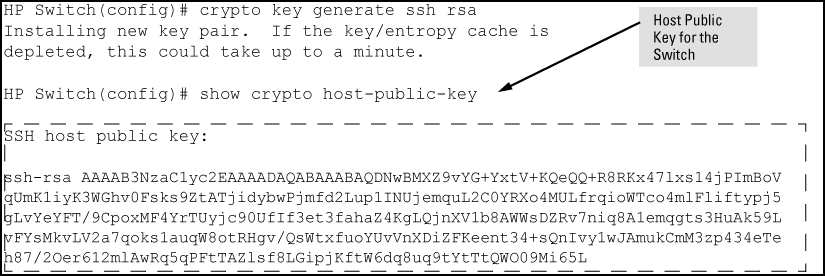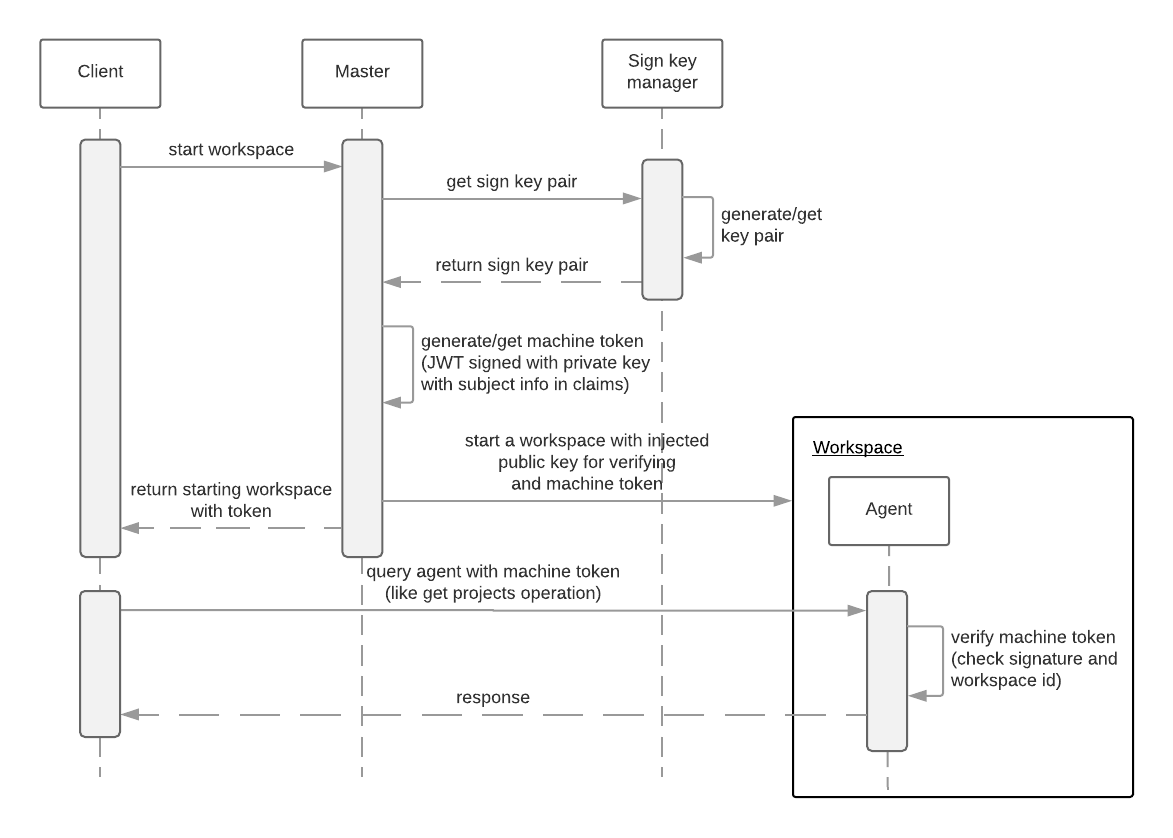Generate 512 Charachters Auth Secret Key In Terminal
- Secret Key Skin Care
- Generate 512 Characters Auth Secret Key In Terminal 1
- Secret Key For Pokemon Platinum
Your Secret Key is your secret. It protects your account together with your Master Password, which only you know. We don’t have a copy of your Secret Key or any way to recover or reset it for you. To find your Secret Key, you’ll need one of the following: the 1Password app on any device where you’re already signed in to your account.
A screenshot for generate secret key action can be seen below: Note. JKS and PKCS#12 KeyStore types do not support storing Secret Keys. This is a limitation of the standards, not of the CERTivity application. The key algorithms are dictating the JCE provider and the. Sep 19, 2008 To generate a hash using a secret key so as to add a new level of security, avoiding that someone gets into the middle and tamper the information being sent by regenerating the same hash again. This is what is known as MAC (Message Authentication Code). In essence, the result is an encrypted hash. One of the first things you do when creating a new Symfony 2 project is setting your 'secret'. This secret string is 40 random characters that is used for CSRF protection. It would be nice if Symfony just generated one for you. I can't imagine how many projects use the secret key ThisTokenIsNotSoSecretChangeIt.
| So i was using Rails 4.1 with Unicorn v4.8.2 and when i tried to deploy my app it doesn't start properly and into the unicorn.log file i found this error message: |
| 'app error: Missing `secret_key_base` for 'production' environment, set this value in `config/secrets.yml` (RuntimeError)' |
| After a little research i found that Rails 4.1 change the way to manage the secret_key, so if we read the secrets.yml file located at exampleRailsProject/config/secrets.yml (you need to replace 'exampleRailsProject' for your project name) you will find something like this: |
| # Do not keep production secrets in the repository, |
| # instead read values from the environment. |
| production: |
| secret_key_base: <%= ENV['SECRET_KEY_BASE'] %> |
| This means that rails recommends you to use an environment variable for the secret_key_base in our production server, so in order to solve this error you will need to follow this steps to create an environment variable for linux (in my case it is Ubuntu) in our production server: |
| 1.- In the terminal of our production server you will execute the next command: |
| $ RAILS_ENV=production rake secret |
| This will give a large string with letters and numbers, this is what you need, so copy that (we will refer to that code as GENERATED_CODE). |
| 2.1- Now if we login as root user to our server we will need to find this file and open it: |
| $ vi /etc/profile |
| Then we go to the bottom of the file ('SHIFT + G' for capital G in VI) |
| And we will write our environment variable with our GENERATED_CODE (Press 'i' key to write in VI), be sure to be in a new line at the end of the file: |
| export SECRET_KEY_BASE=GENERATED_CODE |
| Having written the code we save the changes and close the file (we push 'ESC' key and then write ':x' and 'ENTER' key for save and exit in VI) |
| 2.2 But if we login as normal user, lets call it example_user for this gist, we will need to find one of this other files: |
| $ vi ~/.bash_profile |
| $ vi ~/.bash_login |
| $ vi ~/.profile |
| These files are in order of importance, that means that if you have the first file, then you wouldn't need to write in the others. So if you found this 2 files in your directory '~/.bash_profile' and '~/.profile' you only will have to write in the first one '~/.bash_profile', because linux will read only this one and the other will be ignored. |
| Then we go to the bottom of the file ('SHIFT + G' for capital G in VI) |
| And we will write our environment variable with our GENERATED_CODE (Press 'i' key to write in VI), be sure to be in a new line at the end of the file: |
| export SECRET_KEY_BASE=GENERATED_CODE |
| Having written the code we save the changes and close the file (we push 'ESC' key and then write ':x' and 'ENTER' key for save and exit in VI) |
| 3.-We can verify that our environment variable is properly set in linux with this command: |
| $ printenv grep SECRET_KEY_BASE |
| or with: |
| $ echo $SECRET_KEY_BASE |
| When you execute this command, if everything went ok, it will show you the GENERATED_CODE that we generated before. Finally with all the configuration done you can deploy without problems your Rails app with Unicorn or other. |
| Now when you close your shell terminal and login again to the production server you will have this environment variable set and ready to use it. |
| And Thats it!! i hope this mini guide help you to solve this error. |
| Disclaimer: i'm not a guru of linux or rails, so if you find something wrong or any error i will be glad to correct it! |

commented Jan 7, 2015
(we push 'ESC' key and then write ':x' and 'ENTER' key for save and exit in VI) |
commented Aug 23, 2015
This is solution: At your app inside application.rb add this line: |
commented Jul 13, 2016 • edited
edited
TY bro that fix my problem
|
commented Oct 28, 2016
|
commented Jun 6, 2017
Add this line in config/environments/production.rb |
commented Dec 29, 2017 • edited
edited
Secret Key Skin Care
commented Sep 18, 2018
Thank you. Fixed here! |
Generate 512 Characters Auth Secret Key In Terminal 1
